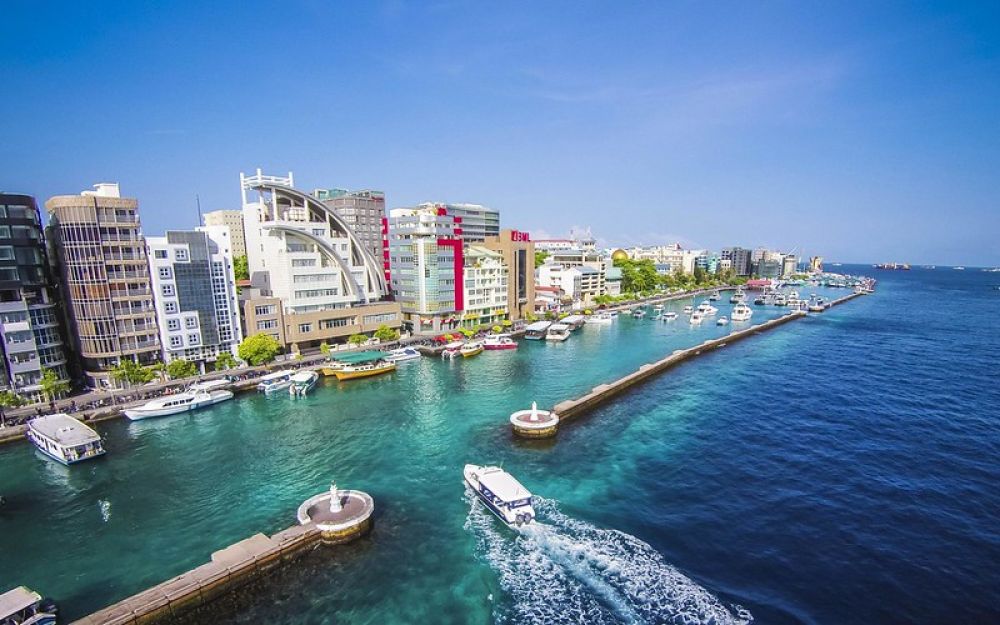

The Republic of Maldives, known for its crystal-clear waters, vibrant coral reefs, and luxurious overwater bungalows, has become a quintessential destination for tourists seeking paradise. The capital city, Malé, is the bustling heart of the nation, offering a contrast to the tranquil islands that scatter the Indian Ocean.
Tourism in the Maldives officially began in 1972 when the first tourist resort was opened. Before this, the Maldives was largely unknown to tourists. The development of tourism was a deliberate strategy by the government to create a new income source and open up the country to the world.
What started with just two resorts has grown into an industry with over 100 resorts spread across the many islands of the archipelago. The introduction of the 'one island, one resort' concept has distinguished the Maldives from other destinations, providing an exclusive and secluded experience for visitors.
Initially, tourists were mainly drawn to the Maldives for its stunning underwater scenery, making it a prime location for diving and snorkeling. Over the years, the Maldives has diversified its offerings to include luxury spa services, underwater restaurants, and eco-tourism activities.
Recent trends in Maldives tourism have emphasized sustainability and luxury. With the threat of climate change, many resorts are taking significant measures to operate sustainably and minimize their impact on the environment. Efforts such as solar power, desalination plants, and strict waste management policies are becoming commonplace.
Experiential travel is another shift, with guests seeking authentic experiences that allow them to understand local culture and contribute to conservation. Activities like coral planting, interacting with local communities, and engaging in traditional Maldivian fishing are gaining popularity.
Tech-savvy travelers have also influenced the services offered by resorts. Innovations such as VR tours of underwater worlds, online booking systems for activities, and personalized mobile applications to enhance guest experience are at the front of the latest developments. Additionally, wellness tourism is a growing sector, with a surge in demand for yoga and wellness retreats set in the calming landscape of the Maldives.
The COVID-19 pandemic introduced unprecedented challenges to the Maldivian tourism industry, as it did to the rest of the world. However, the Maldives was one of the first countries to reopen its borders post-lockdown, catering to a pent-up demand for travel with strict safety protocols, which positioned it as one of the most sought-after destinations during the pandemic era.
Visitors to Malé can look forward to a range of activities that showcase both the natural beauty and cultural vibrancy of the Maldives. From the bustling local markets, like the Male Fish Market, to historical sights such as the Hukuru Miskiy (Old Friday Mosque), Malé provides insights into the everyday lives of Maldivian people alongside the more traditional resort experience. With its modern amenities and easy access to nearby islands and resorts, Malé serves as the perfect gateway to your Maldivian adventure.
Whether you're a diving enthusiast, a luxury seeker, or a cultural explorer, Malé and the wider Maldives archipelago offer a slice of paradise tailored just for you. As the Maldives continues to evolve with new trends and sustainable practices, its place on the world map of top tourism destinations is firmly secured.